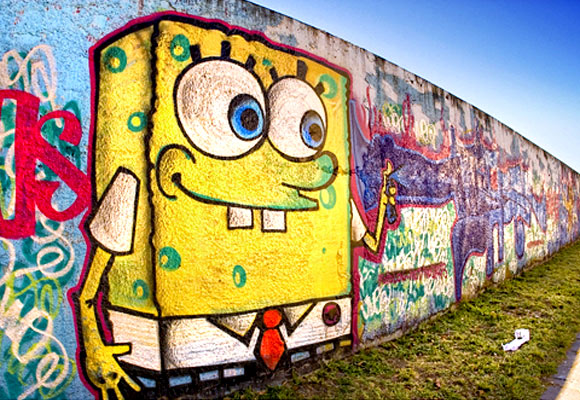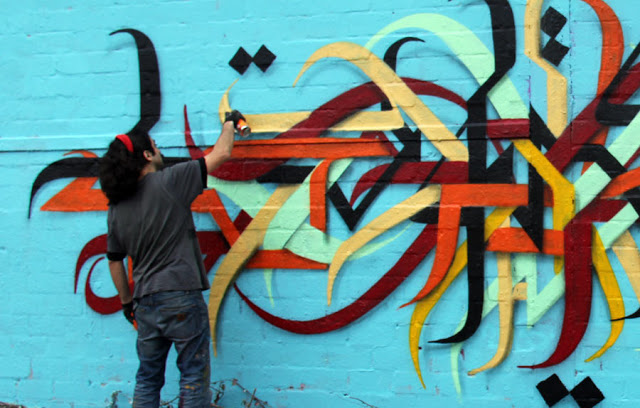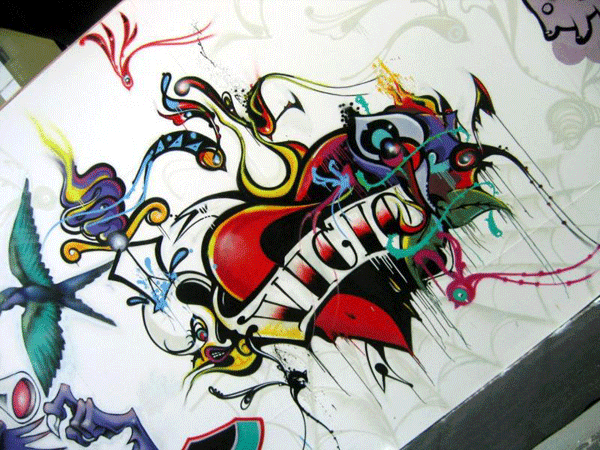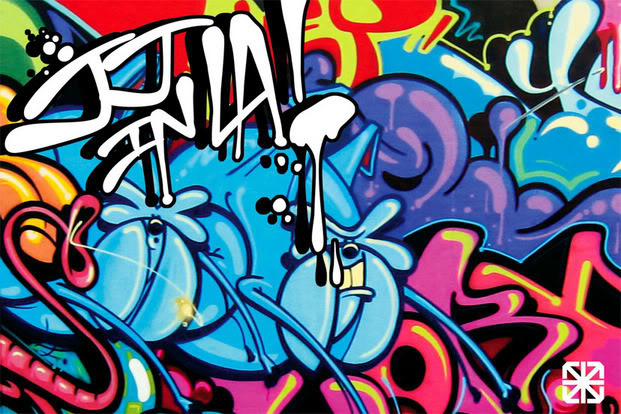Graffiti is a term used to describe drawings or writings on a wall or public place. It is commonly seen in subways, alleys, or other forms of public property. Some people consider graffiti as vandalism, while others insist that it's art.
While it's true that graffiti is sometimes used as a weapon of subversion, it can actually be an immensely positive form of artistic expression. Crude graffiti sometimes involves cheap barbs at symbols of authority, or even vulgar messages. But sometimes graffiti can be a force for change. For example, shreds of the Berlin wall contain graffiti that expresses the feeling of the post-cold-war generation. Many of these artists have no experience of the wall except through history classes. They have no real concept of the pain, suffering, and sacrifice that the long slab of concrete represented. But they do have feelings about it, and these feelings can be understood by analysing the graffiti on that wall.
Another example of positive graffiti is the concept of reverse graffiti. It ranges from using your finger to write 'wash me' on a dirty car to scraping images into a dirt stained wall. The concept was popularized by street artists, and is sometimes called grime writing, dust tagging, or clean advertising. Commercial entities use it for guerrilla advertising. These artists suggested that instead of cleaning the accumulated dirt on public surfaces, they should simply modify it. They did this by using chisels, wire brushes, and other tools to scrape images into the grime. The images were mostly themes from nature like trees, animals, and fish. The clean patches of concrete contrasted the dirty patches to make calm, serene pictures.











.jpg)












.jpg)